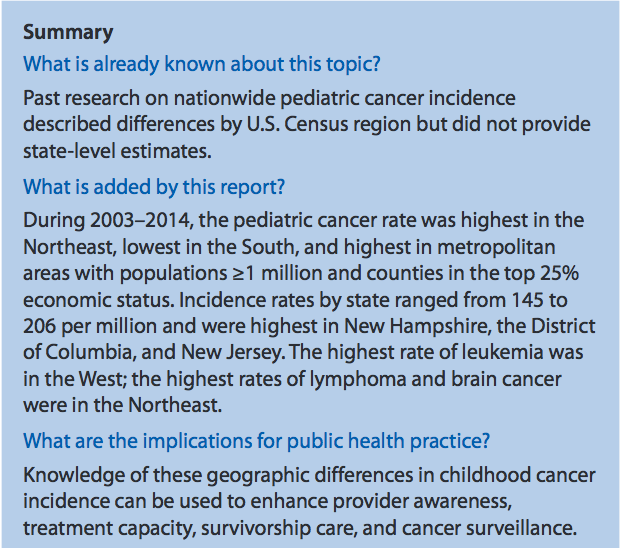
The holidays are a time to reflect on what we are thankful for. I am thankful for all my friends and colleagues who work across the aisle, including Governor Sununu, who has collaborated on important policy changes to protect New Hampshire from environmental exposures, cancer, and suicide. But we have more work to do and we can’t lose sight of the fact that families will be missing people from the table this holiday season.
The opioid crisis is a significant public health issue and took 488 people from their holiday dinner tables in 2017 (NH Office of Chief Medical Examiner, 2018). But cancer is killing more people in NH every year than opioid overdose.
NH has the highest rates of people diagnosed with breast, bladder, and esophageal cancer in the country. In 2016 alone, almost 3,000 chairs were empty for the holidays because New Hampshirites lost their battle with cancer. These are people we know in our everyday lives that are now missing.

Also, the CDC says more NH children are diagnosed with cancer annually than any other state. Just this week, a family in Newmarket will not have their 10-year-old son at the table this Thanksgiving after losing his battle to soft tissue sarcoma. Children are losing their battle to cancer almost every day in NH.
According to the National Cancer Institute only 5 to 10% of cancers are inherited and even so, a large percentage of genetic cancers are preventable and a result of gene-sequencing changes in response to lifestyle or environmental exposures in people (epigenetic).
Most cancer is preventable if exposures are avoided during windows of susceptibility. We know that exposure to chemicals early in life — in the womb, during puberty, and through pregnancy — increases the risk of developing cancer later on. For instance, “early exposure to DDT, dioxins, the highly-fluorinated chemical PFOSA, and air pollution, is associated with a two- to five-fold increased risk of breast cancer later in life.”
Prevention is the key to keeping seats from being empty at holiday tables in NH. We can take steps to reduce the rates of cancer by using precautionary approaches to when assessing what is an acceptable level of toxin exposure in our water, soil, and air.
We only regulate a small subset of chemicals we know are in our drinking water. Currently, for each toxin, the current approach says it’s OK for 1 adult out a million to get cancer. This approach has given NH the highest cancer rates in the country. In order to protect our most vulnerable — our children, which should have zero tolerance for adult cancer. We want our state to be a healthy and safe environment for our children and generations to come to grow and prosper.
Bill Couzens, Founder of Less Cancer says, “Cancer should never be an expected stage of life.” I have to agree with him especially when we know how much is preventable. We must continue to work together, regardless of party affiliation, to make the change that is needed to prevent cancer and keep the seats filled at our holiday dinners.

References
1- Siegel DA, Henley SJ, Li J, Pollack LA, Van Dyne EA, White A. Rates and trends of pediatric acute lymphoblastic leukemia — United States, 2001–2014. MMWR Morb Mortal Wkly Rep 2017;66:950–4.
Keep chairs at holiday tables was originally published in Less Cancer Journal on Medium, where people are continuing the conversation by highlighting and responding to this story.

Leave A Comment
You must be logged in to post a comment.